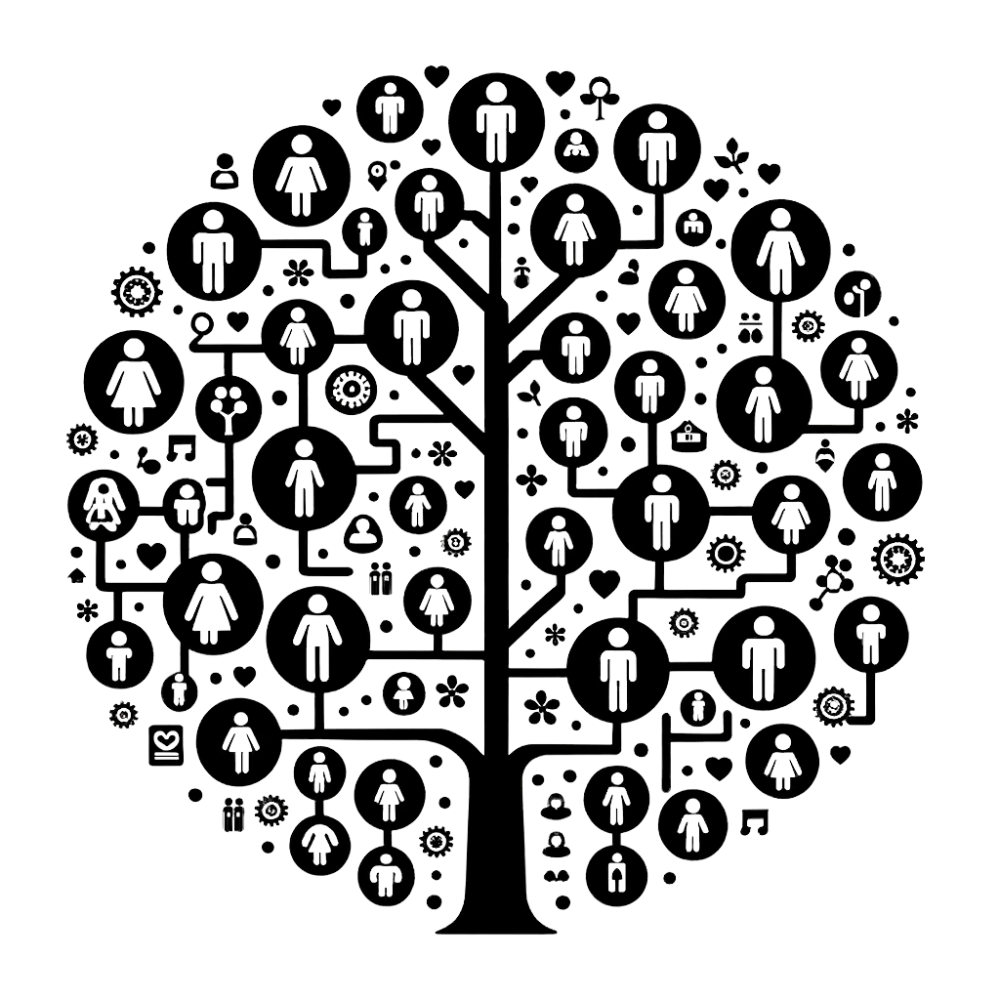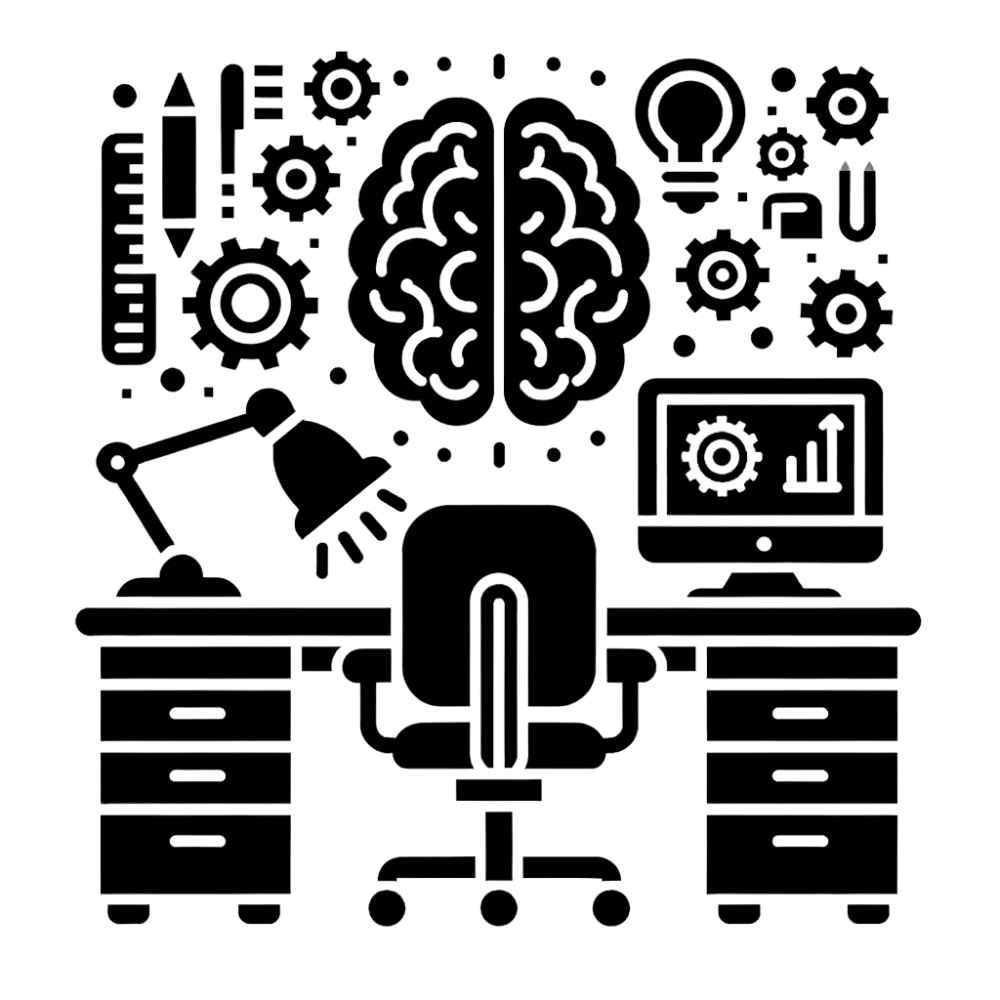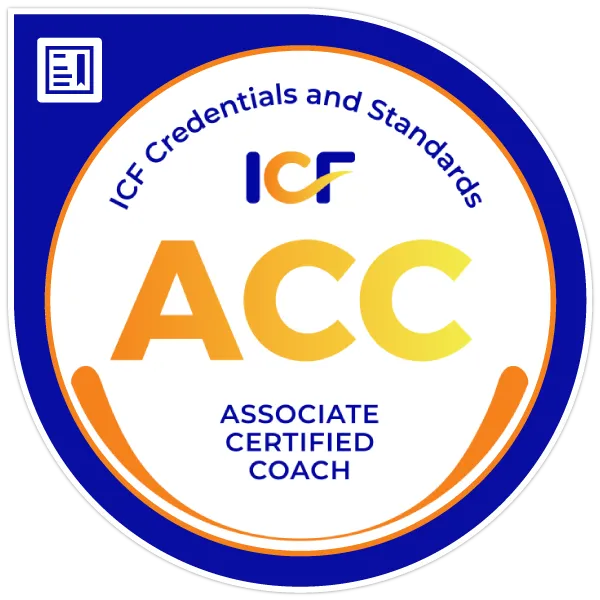UNDERSTANDING YOUR JOURNEY Unlock the Autism Spectrum
Understanding Autism in Adulthood
Autism in Adults: A Spectrum of Experiences
- Autism vs. ‘Normal’: Autism challenges the notion of normalcy, highlighting that differences in thinking and perception are not deficiencies but diversities.
- Autism vs. ADHD: Both conditions share traits like focus issues and impulsivity, yet they differ fundamentally in sensory processing and social communication.
- Anxiety and Autism: Anxiety often co-occurs with autism, requiring nuanced understanding and approaches to support.
- Autism and Alcohol: Adults with autism may use alcohol to cope with social anxiety or sensory overload, underscoring the need for tailored interventions.
- Disability or Difference?: While autism is classified as a disability, this designation emphasizes the need for accommodations rather than limitations.
Understanding autism within the context of neurodiversity encourages a shift from seeking ‘cures’ to providing support and accommodations. Adults with autism, whether navigating anxiety, ADHD, or societal expectations, enrich our world with their distinct perspectives. Recognizing and valuing these differences not only benefits individuals on the spectrum but also enhances our collective human experience.
Diagnosis and Identification of Autism in Adults
Identifying autism in adults is a crucial step toward understanding oneself and accessing the right support. Autism Spectrum Disorder (ASD) in adults can often go undiagnosed, leading to challenges in social interaction, communication, and emotional regulation that are misunderstood or misattributed.
Key Steps to Diagnosis
- Recognizing the Signs: Identifying autism involves recognizing patterns of behavior and thought that differ from neurotypical adults. This includes difficulties with social cues, deep interests in specific topics, and a preference for routines.
- Seeking Professional Evaluation: Diagnosis should be conducted by healthcare professionals specializing in autism, who can offer comprehensive assessments.
- Understanding the Process: Diagnosis often involves a series of tests and interviews designed to understand individual experiences and behaviors.
Common Signs and Tests
- Signs to Watch For: Common signs include social and communication challenges, repetitive behaviors, and unusual responses to sensory inputs.
- Testing Options: Various tests and assessments are available, tailored to identify autism’s unique manifestations in adults.
The Importance of Diagnosis
- Unveiling Undiagnosed Autism: Many adults have lived without a diagnosis, which can offer relief and explanation for lifelong challenges.
- Accessing Support: A diagnosis opens the door to targeted support, resources, and community connections.
Diagnosing autism in adults is more than identifying a condition; it’s about understanding a different way of experiencing the world. It allows individuals to receive the support they need to navigate their lives more effectively and embrace their neurodiversity. Whether you suspect you may have autism or are seeking confirmation of an existing diagnosis, know that the journey toward self-discovery and support begins with taking the first step.
Treatment and Support for Adults with Autism
Personalized Treatment Approaches
- Holistic Support: Treatment often includes a mix of therapeutic strategies, such as cognitive-behavioral therapy, to address specific challenges like social skills and emotional regulation.
- Co-occurring Conditions: For adults with autism and ADHD, treatment may include strategies to manage focus, impulsivity, and organization.
Embracing Neurodiversity
- Understanding Autism and Asperger’s: Recognizing the spectrum of autism, including Asperger’s syndrome, underscores the diversity within the community.
- Empowerment Through Support: Effective support empowers adults with autism to navigate life’s challenges while leveraging their unique perspectives and skills.
Support for autism in adulthood is multifaceted, aiming to foster independence, well-being, and fulfillment. By accessing tailored treatment and community resources, adults with autism can navigate the complexities of life with confidence. Whether it’s through therapy, support groups, or educational resources, the goal is to provide a foundation for adults on the spectrum to thrive in their own unique way.
How I Support You in Every Step
Our approach is holistic, focusing on the individual’s strengths and challenges. Whether you’re navigating the complexities of adult relationships, pursuing higher education, or seeking to thrive in your career, our goal is to empower you to live your life to the fullest. We understand that each person’s experience with autism is unique, and we tailor our support to meet those individual needs.
By embracing neurodiversity and providing targeted support, we aim to enhance the quality of life for adults with autism. Through education, therapy, and community engagement, we help adults with autism build the skills and confidence needed to navigate life’s challenges and opportunities. Together, we work towards a future where every individual with autism can lead a fulfilling and empowered life.
Exploring Autism in Real-Life Scenarios
- Autism Coaching
- ADHD Coaching
- Relationships
- Adulting
- Conflict Management
- Career Coaching









